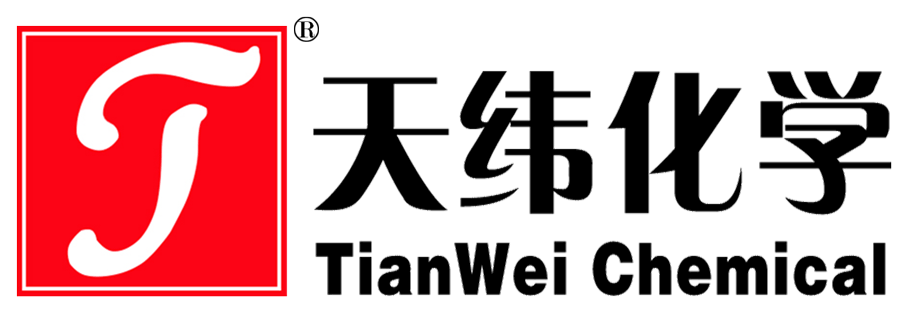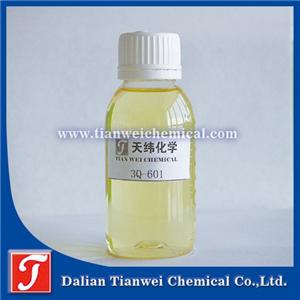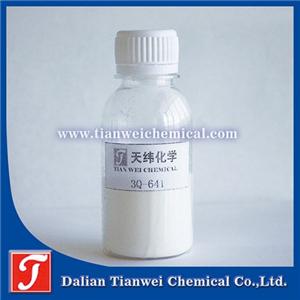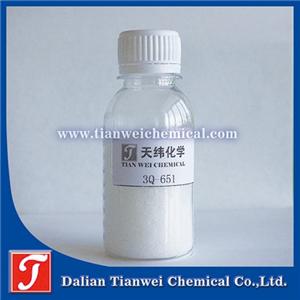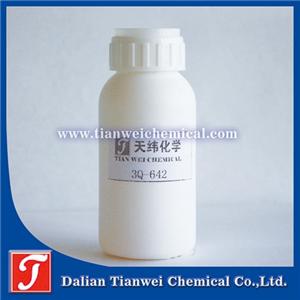-
the use of biocide
Many fungicides for alkaline pesticides, so it can not be mixed with alkaline substances easy to decompose failure of pesticides, such as Bordeaux liquid, stone sulfur mixture and so on alkaline can not be mixed with 1605, Dimethoate, dichlorvos, otherwise it will cause damage to both.
18-01-2023 -
How to use fungicide better 1
Fungicide A class of pesticides, generally fungicides, used to control plant diseases caused by various pathogenic microorganisms. The use of fungicides is a cost-effective way to control plant diseases.
16-01-2023 -
Why does paint go bad easily?
1. What are the main components of paints and coatings? The main components of paint include the following five parts:
02-12-2022 -
How to ensure the safe and reliable use of antifungal agents(一)
Mold is everywhere, such as in dust, soil, sweat, and air. As long as it encounters the right temperature and humidity, it begins to grow and multiply from uneven places. Therefore, the first place to grow mold is generally the interface. The place where the suture is placed is extremely harmful to the storage and transportation of raw materials and their products.
05-08-2022 -
Industrial Preservatives - KATHON (CMIT/MIT)
kathon is one of the isothiazolinones, the English abbreviation CMIT/MIT, the chemical formula is C8H9ClN2O2S2, mainly composed of 5-chloro-2-methyl-4-isothiazolin-3-one (CIT) and 2-methyl- 4-isothiazolin-3-one (MIT) composition. Isothiazolinones act by breaking bonds in bacterial and algal proteins
19-07-2022 -
What are the special features of dry film antifungal agent?
Dry film antifungal agent is a kind of product that has a broad antibacterial spectrum, especially has a strong inhibitory effect on mold and yeast
20-05-2022 -
What is the use of concentrated antifungal agents?
In daily life, it is often seen that wooden products are moldy, black spots, rotten, fragile, etc. This is caused by insufficient anti-corrosion and mildew-proof measures for wooden products. This can be avoided by using a concentrated mildew inhibitor.
05-05-2022 -
What should I pay attention to when buying and using paint for children's rooms?
There are many types of children's room decoration coatings. When parents buy children's room decoration coatings, they are unable to distinguish between many products and promotions. Consumers should pay attention to the following points when purchasing and using:
08-04-2022 -
What are the differences between antifungal agents and preservatives?
Although preservatives and anti-fungal agents sound like an agent used to prevent a certain item from being damaged, they are still different. So today we will talk about the difference between anti-fungal agents and preservatives?
11-10-2021 -
Wood preservative treatment methods
There are several different methods of wood preservative treatment, including: smearing method, dip tank method, hot and cold tank method, grout smearing method, enveloping anticorrosion method, living tree treatment method, etc. Next, let's take a look at these different anti-corrosion treatment methods.
05-08-2021
